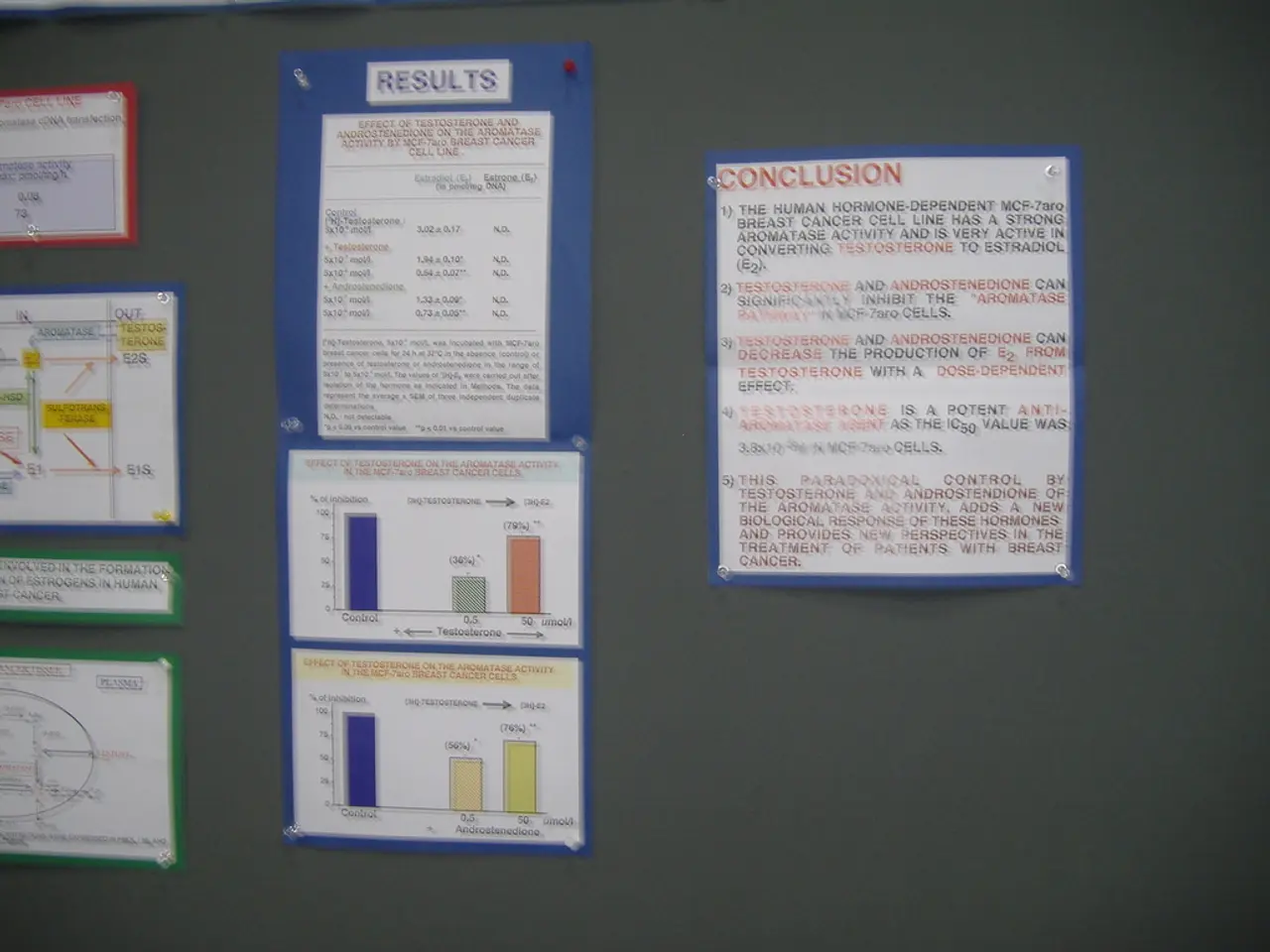Financial advisors associated with Germany's Vice Chancellor, Klingbeil, express concerns about loosening the debt restraint policy - Financial advisers close to Klingbeil voice concerns over weakening the debt limit constraint
The scientific advisory board of Germany's Federal Ministry of Finance has recommended reforming the "debt brake" (Schuldenbremse) to accommodate new fiscal realities, including approved large-scale loans and diverging coalition views on sustainable debt policy.
Recent reforms of Germany’s debt brake have introduced three main elements: state-level net borrowing caps of 0.35% GDP annually, creation of a €500 billion infrastructure and climate protection investment fund, and explicit exemption of defense/security expenditures from the debt brake. These reforms allow significantly higher borrowing, especially to meet permanent increases in defense budgets projected to rise from about €62 billion in 2025 to €153 billion in 2029.
The scientific advisory board's analysis, echoed in policy debates, stresses the need to reassess numerical safeguards tied to debt levels, such as the Stability and Growth Pact's 60% of GDP debt threshold. Instead of simply raising debt thresholds to accommodate more borrowing—as some have suggested increasing from 60% to 90% GDP—the board and experts propose abolishing rigid debt sustainability and deficit resilience safeguards to regain a risk-centered approach to fiscal policy.
This approach would allow moderate increases in debt, especially for middle-range debt countries like Germany, without risking disproportionate penalties, maintaining economic discipline while enabling necessary spending (e.g., for defense and climate investments). However, Germany would still be required to stabilize and eventually reduce debt ratios, not use borrowing as a tool for permanent expenditure growth.
Coalition partners have differing views on the matter. Some emphasize strict budget consolidation and cost-cutting across ministries, as stated by Finance Minister Lars Klingbeil, focusing on growth, fairness, and structural reforms alongside increased investment in social and infrastructure programs. Others push for more flexible borrowing rules to accommodate expanded defense and climate spending.
The German government has adopted fiscal plans reflecting these tensions, with two back-to-back budgets and measures to increase government revenue (e.g., fighting tax fraud) while preparing structural reforms.
The implications of reforming Germany’s debt brake include a shift toward a more flexible, risk-guided fiscal framework that permits higher borrowing for strategic investments and defense while maintaining a medium-term discipline to stabilize debt. Proposed solutions suggest eliminating certain numerical safeguards rather than raising fixed debt limits, combined with strict budget consolidation efforts and enhanced revenue measures. Differing coalition views reflect balancing fiscal prudence with political priorities on growth and security.
The warning comes from economic advisors to Finance Minister Lars Klingbeil (SPD) and was issued in a statement. The advisors emphasize that an effective limitation of new debt is more important than ever, as accumulating disproportionately high debt could threaten the stability of the euro.
Within the SPD, the debt brake is viewed as an investment brake and is suggested to be eased. However, the Union wants to maintain the rules of the debt brake as much as possible. The debt brake commission, established by the federal government, aims to develop proposals for reforming the debt brake by the end of the year.
It is worth noting that the advisors' statement was released by the scientific advisory board at the Federal Ministry of Finance, and members include Volker Wieland, former "wise man", and Clemens Fuest, Ifo President, among others. The warning was issued due to the recent approval of billion-dollar loans, and Germany could potentially violate EU guidelines if the debt brake is further eased.
The scientific advisory board at the BMF suggests using the planned discussion on reforming the debt brake to improve its effectiveness. The debt brake rule, a fiscal rule in Germany, is being warned against being further eased, as it could pose a threat to the stability of the euro. Thiess Büttner, a finance professor, is also a member of the debt brake commission.
In summary, the reform of Germany’s debt brake is a significant issue that requires careful consideration. The proposed changes aim to strike a balance between fiscal discipline and the need for investment and increased defense spending, while maintaining a medium-term discipline to stabilize debt. The debate reflects the tensions between fiscal prudence and political priorities on growth and security.
- The scientific advisory board at the Federal Ministry of Finance has advised against further easing the debt brake rule, as it could pose a threat to the stability of the euro, given the recent approval of large-scale loans.
- Proposed solutions for reforming Germany's debt brake include eliminating certain numerical safeguards and adopting a more flexible, risk-guided fiscal framework, which would allow for higher borrowing for strategic investments and defense, while maintaining a medium-term discipline to stabilize debt.




